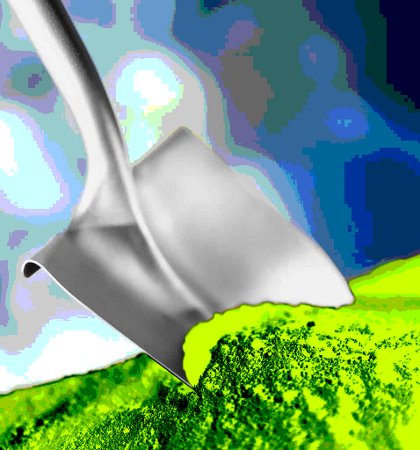Nuclear jury sets direction
 The citizens’ jury portion of South Australia’s nuclear waste dump plan has revealed some strong concerns.
The citizens’ jury portion of South Australia’s nuclear waste dump plan has revealed some strong concerns.
Premier Jay Weatherill presented a report from a jury of 50 randomly-selected South Australians over the weekend.
It followed several days of discussions and meetings between everyday people and experts both for and against the proposal.
The report calls for “significant additional research” before residents in potentially-affected regions can make an “informed decision”.
“The jurors recognise there are potential economic benefits, but there are also substantial risks to consider,” the report stated.
“There is a degree of uncertainty around both the benefits and risks associated with establishing such a facility.”
The citizens’ jury was formed at the recommendation of SA’s Nuclear Fuel Cycle Royal Commission, which concluded earlier this year.
The final report delivered in May contained 12 recommendations, including the development of waste storage sites and reduced federal restrictions on nuclear power.
Proponents are now circling the idea of a dump with the capacity to store 138,000 tonnes of spent fuel from the world's nuclear reactors.
The citizens’ jury exists to ensure the focus of the response to the royal commission’s recommendations is in line with residents’ views and desires.
The jury put together a nine-page document outlining four themes to focus future discussion – trust, accountability, the economics of the proposal, and safety.
“The considerations include but [are] not limited to geological, seismic, acts of terrorism, health, and transport,” the jurors said.
They pointed out that the type and scale of waste storage facility being considered was unprecedented “anywhere yet in the world, but sites are being developed in Finland, Sweden and France”.
“The public needs to be confident in an independent, transparent regulator, particularly in light of regulatory failures both internationally and locally.
“There were varying views between expert witnesses on the economic viability of this project, and therefore questions remain relating to the economic modelling by the royal commission report to feel comfortable progressing to further involvement.
“Our challenge is to build and maintain trust by avoiding repeating past mistakes,” the report said.
The document ends with a series of questions on how South Australia’s people and industries might be affected by a potential dump.
It is designed to steer the upcoming three-month public consultation period, starting later this month.








 Print
Print